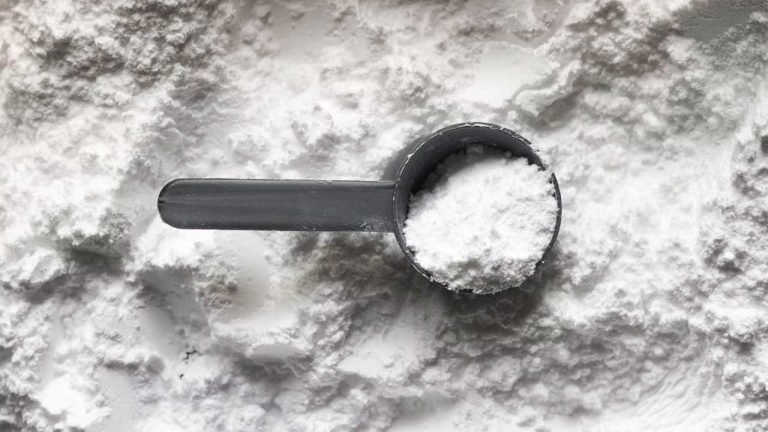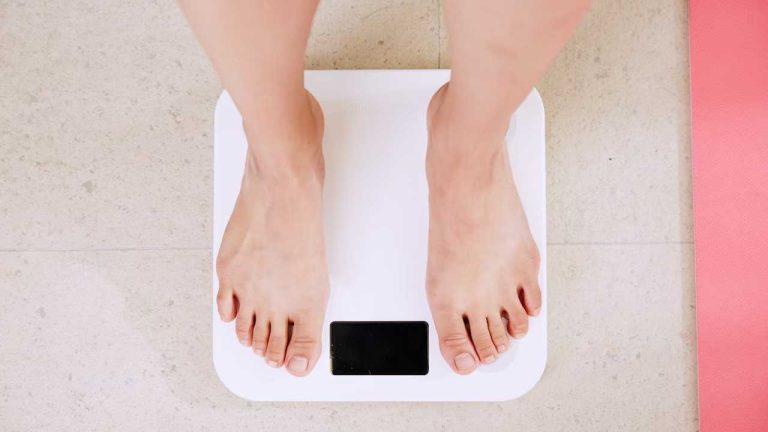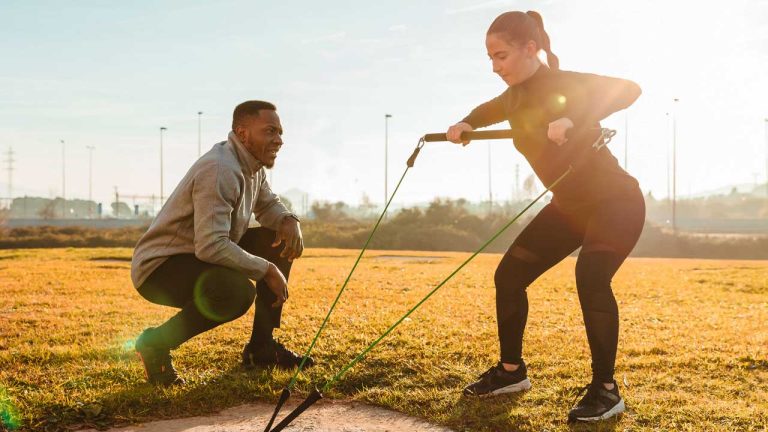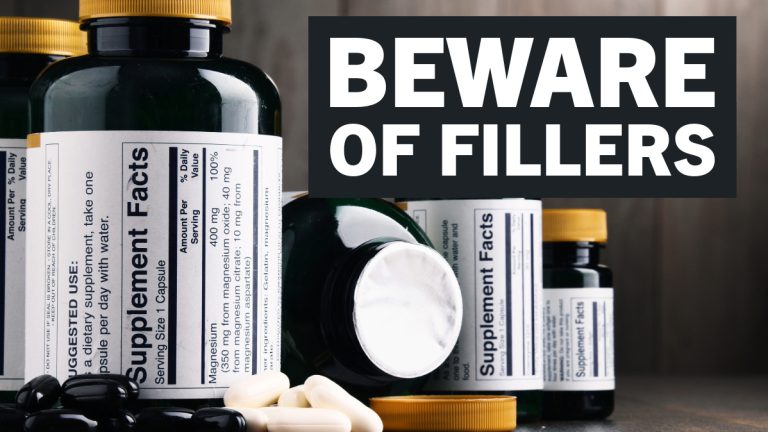How to Avoid Caffeine Addiction: 3 Unbelievably Easy Tricks for a Happier, Buzz-Free Life

ListedFit is reader-supported. When you buy through links on our site, we may earn a small commission.
It’s no secret that many people rely on caffeine to get through the day, but it’s essential to balance consumption to avoid developing a dependence. By following a few simple strategies, you can enjoy the benefits of caffeine without letting it control your life.
In this article, we’ll explore three straightforward ways to prevent caffeine addiction. These tips will enable you to maintain a healthy relationship with caffeinated beverages, making sure they remain a beneficial aid instead of becoming a hindrance to your overall well-being.
Table of Contents
Understanding Caffeine Addiction
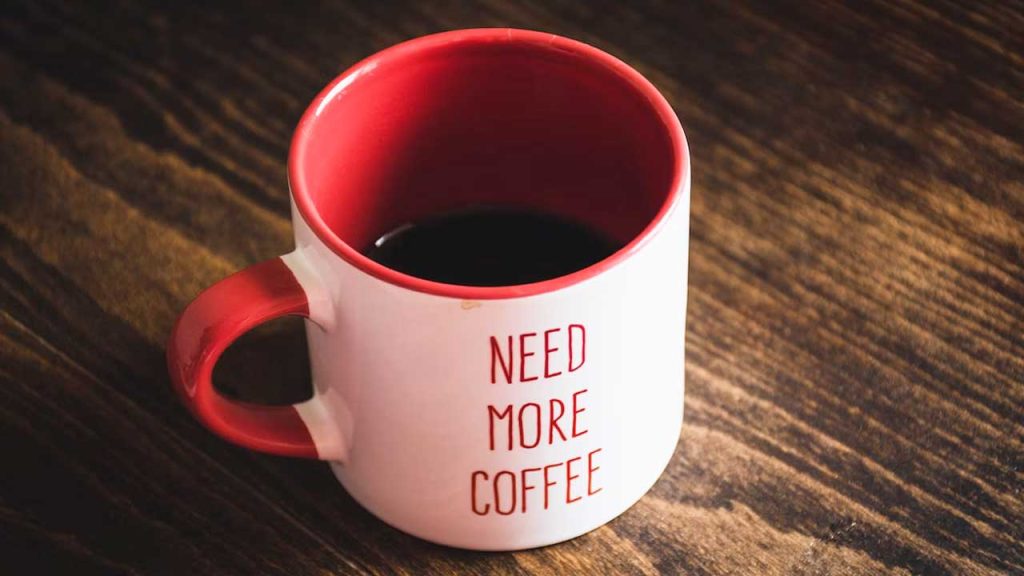
Caffeine addiction is a common issue that affects many people. To understand how to avoid it, you need to comprehend the effects of caffeine and the signs of addiction.
Effects of Caffeine
Caffeine is a natural stimulant found in various beverages and foods, like coffee, tea, and chocolate. While it can help improve focus and alertness, excessive consumption may lead to negative impacts on your health. Some common effects of caffeine include:
- Increase in heart rate
- Higher blood pressure
- Temporary boost in energy levels
- Anxiety and restlessness
- Sleep disturbances
It’s worth noting that the experience of caffeine effects may vary from person to person, depending on factors like metabolism and tolerance levels.
Signs of Addiction
Developing an addiction to caffeine happens when your body becomes dependent on it to function normally. Recognizing the signs of caffeine addiction can help you avoid it. Here are some tell-tale signs:
- Inability to cut back: Despite your best efforts, you find it difficult to reduce your caffeine intake.
- Withdrawal symptoms: When you try to cut back or skip caffeine, you experience headaches, fatigue, irritability, or even depressive feelings.
- Increased tolerance: You need a higher amount of caffeine to achieve the same effects as before.
- Interference with daily life: Your caffeine consumption is negatively affecting your work, social life, or health.
By understanding the effects of caffeine and the signs of addiction, you can make informed choices to control your consumption and prevent caffeine addiction.
3 Simple Ways to Avoid Caffeine Addiction

Caffeine consumption is a common habit, but it can lead to dependence and health issues.
Here are three simple steps you can take to avoid caffeine addiction:
1. Moderate Your Consumption
The first step to avoid caffeine addiction is to moderate your consumption. Start by keeping track of how much caffeine you consume daily.
Gradually reduce the amount of caffeinated beverages you drink, such as coffee, tea, soda, or energy drinks. You can consider substituting some of your drinks with decaf versions or non-caffeinated alternatives.
While cutting back on caffeine, make an effort to drink more water. Cleveland Clinic suggests that water not only helps you stay hydrated but also naturally flushes caffeine out of your body.
2. Find Some Good Coffee Alternatives
Instead of relying on caffeine for energy, look for alternative sources to keep you feeling energized throughout the day. Some ideas include:
- Eating a balanced, nutritious diet
- Exercising regularly
- Getting enough sleep
- Trying relaxation techniques, such as deep breathing exercises or meditation
You can also explore non-caffeinated beverages that provide energy, such as herbal teas. According to eMediHealth, chamomile and lavender teas can offer health benefits, reduce stress, and manage anxiety without caffeine dependency.
3. Sort Your Life Out! – Find Some Balance
A well-rounded, balanced lifestyle can decrease your reliance on caffeine. Start by setting a regular sleep schedule and ensure you’re getting 7 to 9 hours of sleep each night. Find ways to manage and reduce stress through activities like exercise, yoga, or meditation.
In addition, consider taking short breaks throughout the day to rejuvenate your energy levels, especially during work or periods of extended concentration.
Dealing with Withdrawal Symptoms
As you work toward reducing caffeine addiction, it’s crucial to understand and manage withdrawal symptoms. In this section, we’ll discuss how to recognize withdrawal and some coping strategies you can use during this process.
Recognizing Withdrawal
Being aware of caffeine withdrawal symptoms is essential in overcoming addiction. Some common symptoms include drowsiness, headaches, poor concentration, depression, anxiety, irritability, and nausea. These symptoms usually emerge 12 to 24 hours after abstaining from caffeine, peak between 20 and 51 hours, and may last for two to nine days.
Coping Strategies
To make the withdrawal process more manageable, consider implementing these coping strategies:
- Gradual reduction: Instead of quitting cold turkey, try gradually reducing your caffeine intake. This can help minimize withdrawal symptoms and make the process more bearable. For instance, you can start by cutting your caffeine consumption in half and then continue to decrease it incrementally over time.
- Stay hydrated: Drinking plenty of water can help alleviate some withdrawal symptoms, such as headaches and fatigue. Make an effort to drink water throughout the day.
- Exercise: Engaging in physical activity can help relieve stress and anxiety caused by caffeine withdrawal. Try incorporating regular workouts, such as walking or yoga, into your daily routine.
- Get adequate sleep: Ensure you’re getting enough rest to help combat the drowsiness and fatigue associated with caffeine withdrawal. Establish a consistent sleep schedule and stick to it.
It’s essential to be patient and persistent during this process, as the withdrawal symptoms are temporary. Utilizing these coping strategies and recognizing the signs of withdrawal will allow you to overcome caffeine addiction more effectively.
Conclusion
In your journey to avoid caffeine addiction, you can implement these three simple strategies:
- Gradually reduce your caffeine intake by substituting caffeinated drinks with water or other low-caffeine alternatives like hot chocolate made from carob.
- Stay hydrated with water, as it helps flush caffeine out of your system and reduces your need for caffeinated beverages.
- Take it slow and be patient with your progress. Withdrawal symptoms such as anxiety, nervousness, and headaches can be challenging, but remember that they are temporary. Make time to relax and stay focused on your goal of avoiding caffeine addiction.
Implementing these tips in your daily routine can help you reduce your dependency on caffeine and improve your overall wellbeing. By sticking to these strategies, you’ll be able to maintain a healthier, more balanced lifestyle free from the negative effects of excessive caffeine consumption. Remember to be kind to yourself and allow for adjustments as needed in your journey towards a caffeine-free life.
Author
Latest entries
 FitnessAugust 19, 2023Yohimbe vs Yohimbine: A Quick Comparison Guide
FitnessAugust 19, 2023Yohimbe vs Yohimbine: A Quick Comparison Guide AshwagandhaJune 16, 2023Is Ashwagandha Good for Working Out? Key Benefits Explored
AshwagandhaJune 16, 2023Is Ashwagandha Good for Working Out? Key Benefits Explored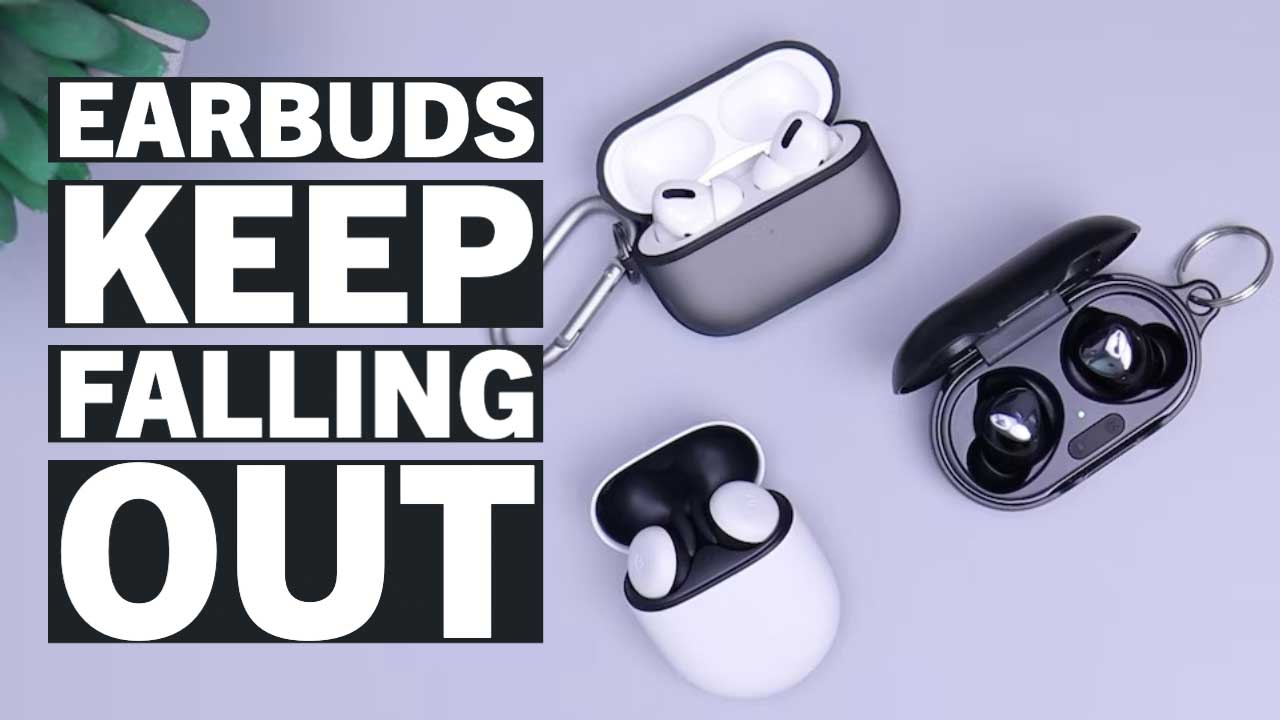 Sports HeadphonesMay 25, 2023Why Your EarBuds Keep Falling Out – Quick and Easy Solutions
Sports HeadphonesMay 25, 2023Why Your EarBuds Keep Falling Out – Quick and Easy Solutions Nike ShoesMay 12, 2023Do Nikes Run Big or Small? Decoding the Perfect Fit
Nike ShoesMay 12, 2023Do Nikes Run Big or Small? Decoding the Perfect Fit
Affiliates:
This post may contain affiliate links that at no additional cost to you, the site may earn a small commission. We only recommend products we would use ourselves and all opinions expressed on this site are our own.
General Advice:
The information provided in this article is for general informational purposes only. It is not intended as a substitute for professional advice. Always consult with a qualified healthcare professional before starting any new diet, exercise program, or making changes to your health routine.
Accuracy Advice:
While we strive to provide up-to-date and accurate information, the content in this article may not reflect the most current research or medical guidelines. We encourage readers to do further research and consult with professionals for more personalized advice.
Our Recommendations:
The products and services mentioned in any of our articles are recommended based on our independent research and personal experience. We are not sponsored by any company. We aim to suggest products and services we believe are of high quality and could be beneficial to our readers.

